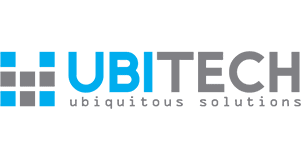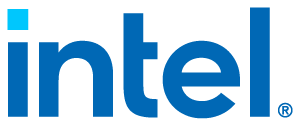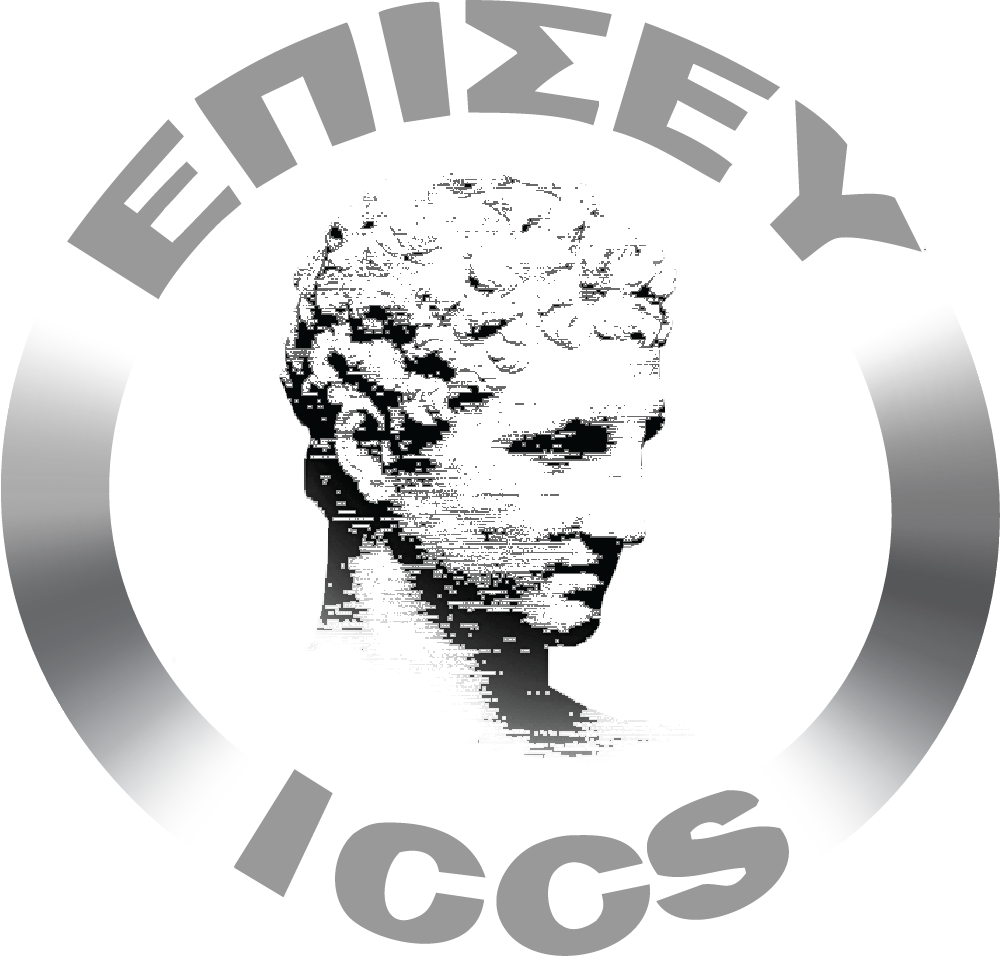
Never trust,
always verify
About
In most cases, there is a certain level of mistrust in terms of safety when it comes to autonomous driving. Beyond the needs of functional safety, trustworthiness management should be included in CCAM’s security functionality solution. The project establishes a trust management framework centred on zero-trust which expands by assessing dynamic trust relationships based on who is involved in providing the information. Combining the vehicle’s systems with information available in the cloud, expands the knowledge on the environment required for decision making, outsources the calculations in a trustworthy way to the backend of the cloud and helps in this way to make faster decisions, cooperatively and without delay increasing the safety of autonomous driving. The features of CONNECT facilitating next generation ITS solutions enable it addressing challenges in the era of personal mobility and environmental sustainability.
Vision
The vision of the project is to address the convergence of security and safety in CCAM by assessing dynamic trust relationships and defining a trust model and trust reasoning framework based on which involved entities can establish trust for cooperatively executing safety-critical functions. The CONNECT Trust Management framework is the basis that models and captures the trust relationships of the next generation CCAM systems. CONNECT's new safety paradigm is a key element in bringing autonomous driving to a completely new level of trustworthiness and is expected to lead to long-term consumer acceptance as a result.
Keyfacts
Reference
Reference Number:
101069688
Programme type:
Horizon Europe
Programme acronym:
HORIZON-CL5-2021-D6-01
Duration
Project Start:
01.09.2022
36 Months
Cost and Funding
Costs: € 5.656.643,75
Funding:
100,00% EU-funded

Motivation
The 5G C-V2X technology is expected to greatly enhance autonomous driving through perception sharing, path planning, real-time local updates, and coordinated driving. These features facilitate the next generation of solutions for cooperative autonomous driving applications (e.g., intersection movement assist, cooperative routing, and parking services), and greatly reduce emissions. The core of the smart transportation vision revolves around an integrated communication and transportation network that promotes several societal benefits, and shapes a new era of advanced road safety, enhanced personal mobility, and environmental sustainability. Security and trustworthiness are key properties of such a system.
Mission and Objectives
CONNECT’s main objective is to build a trust management framework improving the quality and speed of decision making through the assessment of dynamic trust relationships utilising knowledge and processing capacity at the backend of the cloud to make faster and safer decisions.
• Novel trust modelling framework for CCAM
• Context Aware Continuous Trust Assessment in Zero Trust CCAM
• Extending the stand-alone vehicle domain to safe and security solutions shared between the vehicle, MEC and cloud
• Secure “Chip-to-Cloud” assurance solutions for enablement of trustworthy and resilient safety-critical automotive services
• Shape the ethical dimensions of trust management in the Next-Generation CCAM technologies
• Simulation, Validation & Evaluation of CONNECT Framework in Inter- and Intra-Vehicle Real-Case Safety-Critical Scenarios in the context of Connected Cars and Autonomous Driving
Work Packages
WP1

Project, Risk and Ethics Management
01.09.2022
31.08.2025
Detailed information
This WP performs the project coordination following an active research and innovation management approach and focus on the continuous quality control and risk management to ensure high-end goal and limit out the risks.
WP2

Requirements and Characterization of CONNECT Outputs to Project Goals
01.09.2022
31.08.2024
Detailed information
Analysis of the general requirements and properties of the CONNECT Framework including the requirements, design and conceptualization of the overall framework architecture, identification of the CCAM operational and security services, and ethical analysis of the measures of evidence that can be considered during the trust assessment of the CCAM ecosystem.
WP3

Trust Architecture and Trust Management Lifecycle for Modular CCAM
01.03.2023
28.02.2025
Detailed information
Overarching framework into which mechanisms of WP4 will be integrated and will allow to infer trust into the entities and data in the CCAM system. Two main building blocks for this trust architecture will be the principles of Zero Trust, where no initial trust between entities will be assumed, and the use of Subjective Logic as a powerful reasoning framework that allows to reason about trust relationships under uncertainty.
WP4

Chip-to-Cloud Assurance for Connected Cars
01.03.2023
28.02.2025
Detailed information
Design and Implementation of the TEE-based Guard that will be running in each one of the CCAM nodes so that a trustaware service graph chain can be created, including the design of the TEE virtualized container, the secure interaction between multiple TEEs and the secure live migration of trust and operational calculations between the TEE-enabled vehicles & their Digital Twins deployed either on the MEC or the Backend
WP5

Trust-Aware Network Orchestrator and Secure Data Sharing
01.03.2023
28.02.2025
Detailed information
This work package aims to: (i) identify and allocate the virtualised network resources needed to facilitate the trust functions outsourcing to the CCAM infrastructure (MEC or backend), (ii) implement the CONNECT Multi-access Edge computing (MEC) Management & Orchestration (MANO) software stack, (iii) design the use of Verifiable Credentials updated with proofs that need to be exchanged for establishing a trust relationship as defined in WP3
WP6

Framework Integration and Use Cases Demonstrations
01.09.2022
31.08.2025
Detailed information
Focus on the integration activities of the CONNECT framework and the verification and evaluation of the CONNECT outcomes through 3 representative use cases, aiming to realise the technical WPs’ results, make a qualitative/quantitative validation of developed technologies, design scenarios for exploiting CONNECT, and experiment with diverse demonstrators.
WP7

Dissemination, Standardization, Exploitation & Impact Creation
01.09.2022
31.08.2025
Detailed information
This WP provides a realistic business model and dissemination and communication strategy by providing input and requirements related to market needs and trends, maximising the project’s impact, ensuring good communication, dissemination and standardization of CONNECT outputs, and supporting collaboration activities with other EC funded related initiatives, and CCAM related initiatives and cluster in general.




